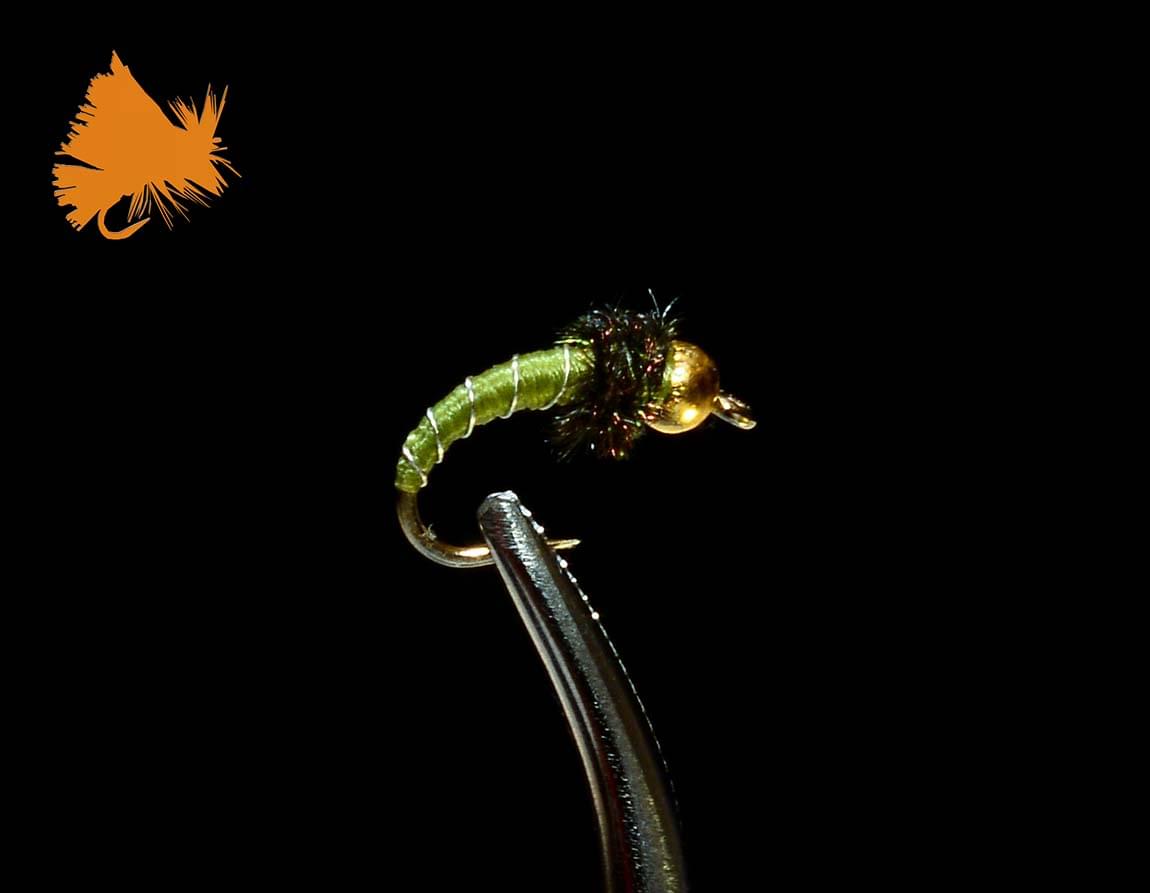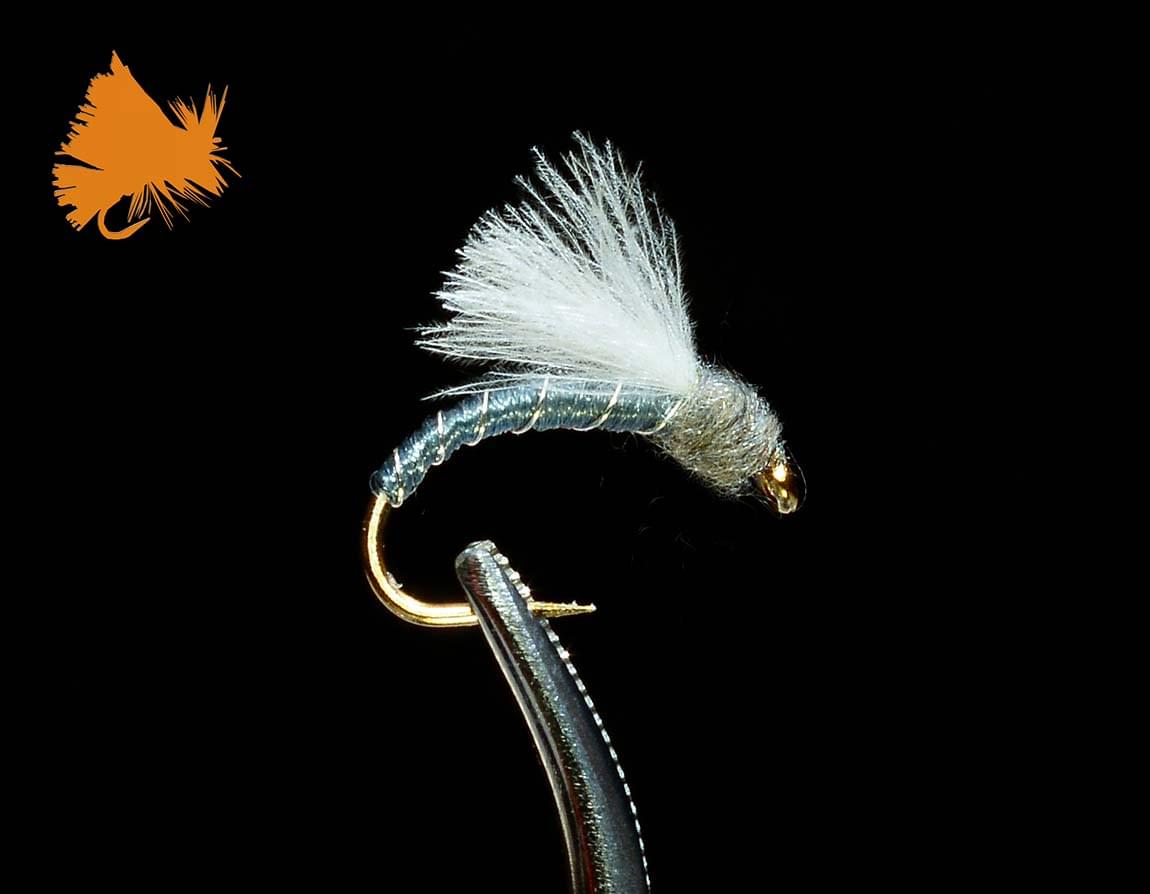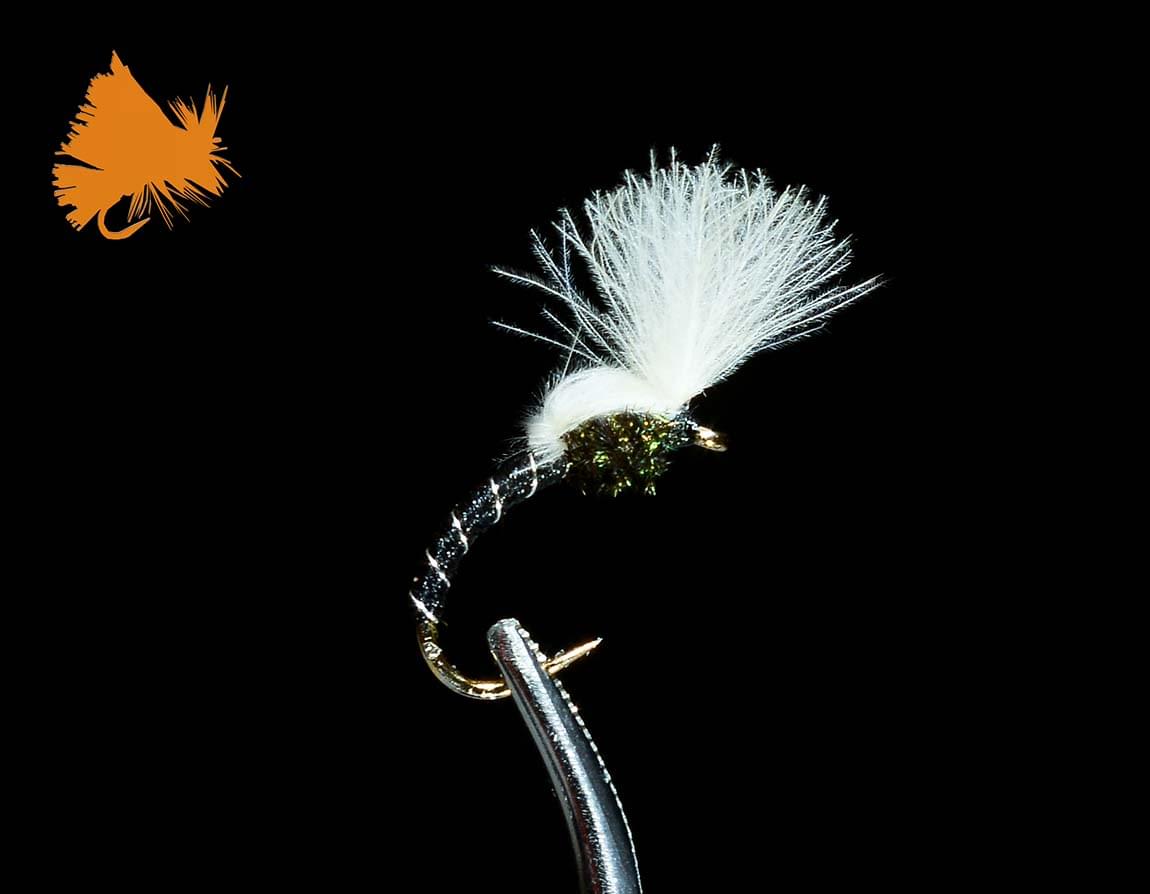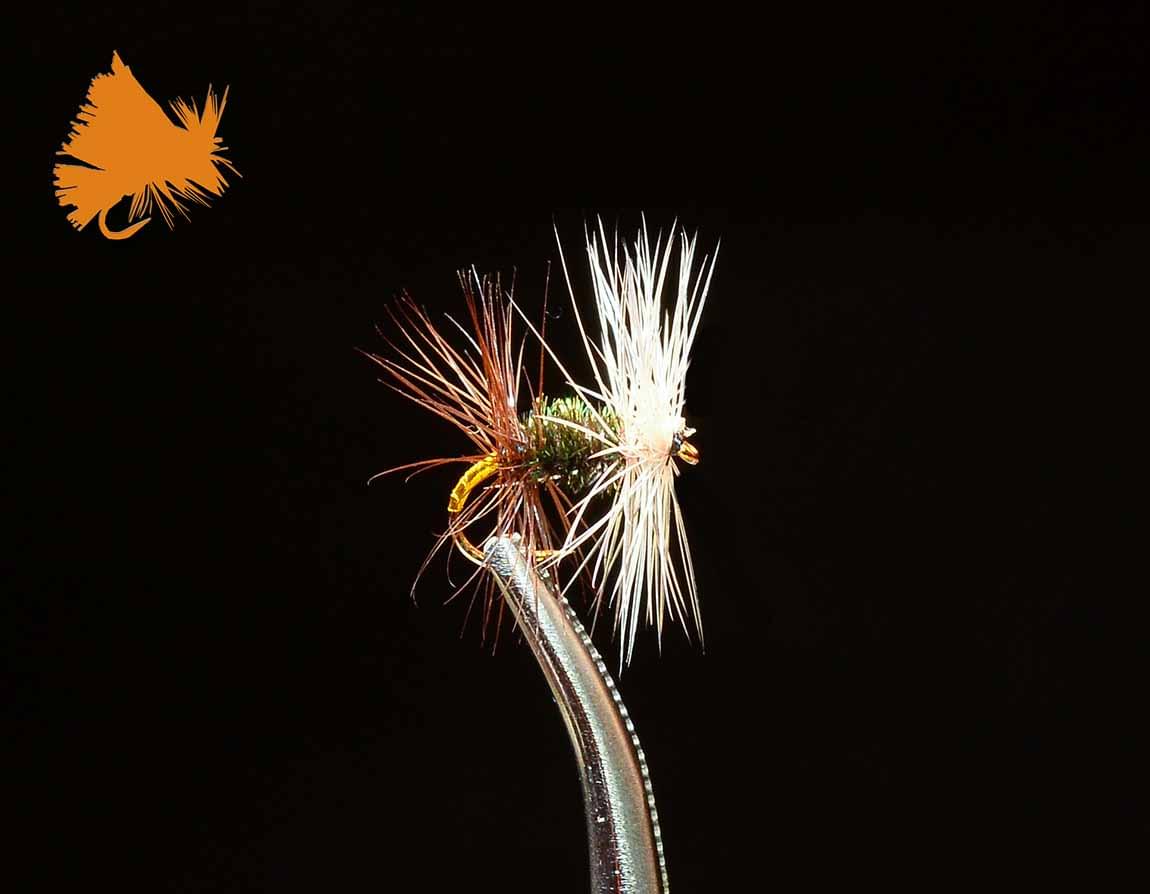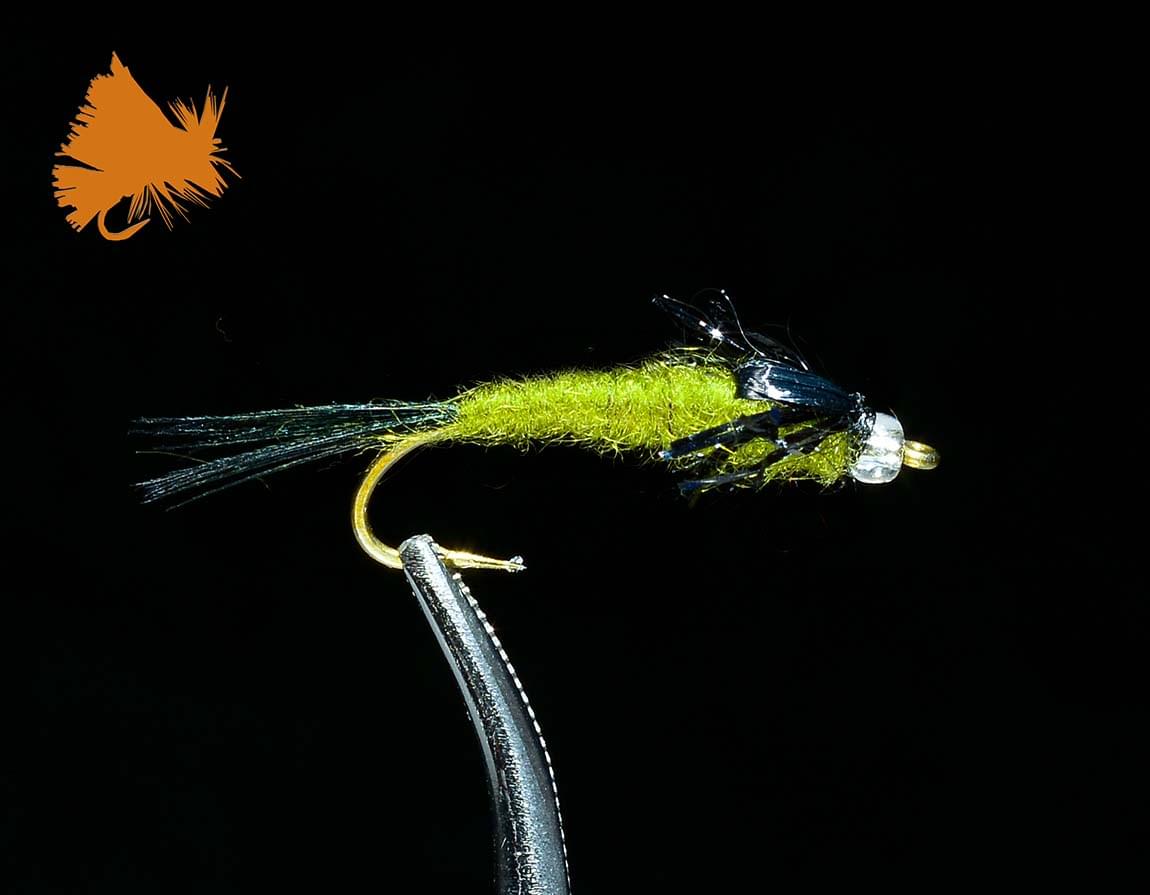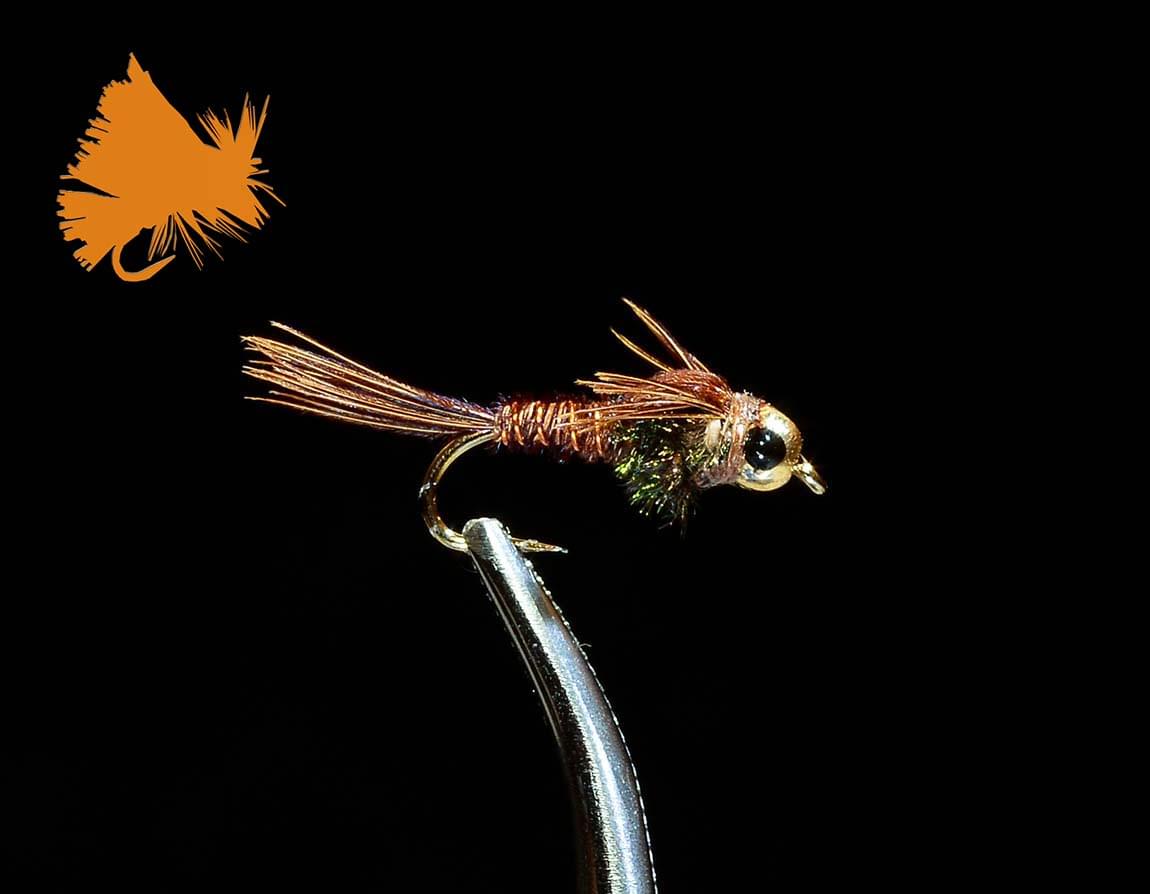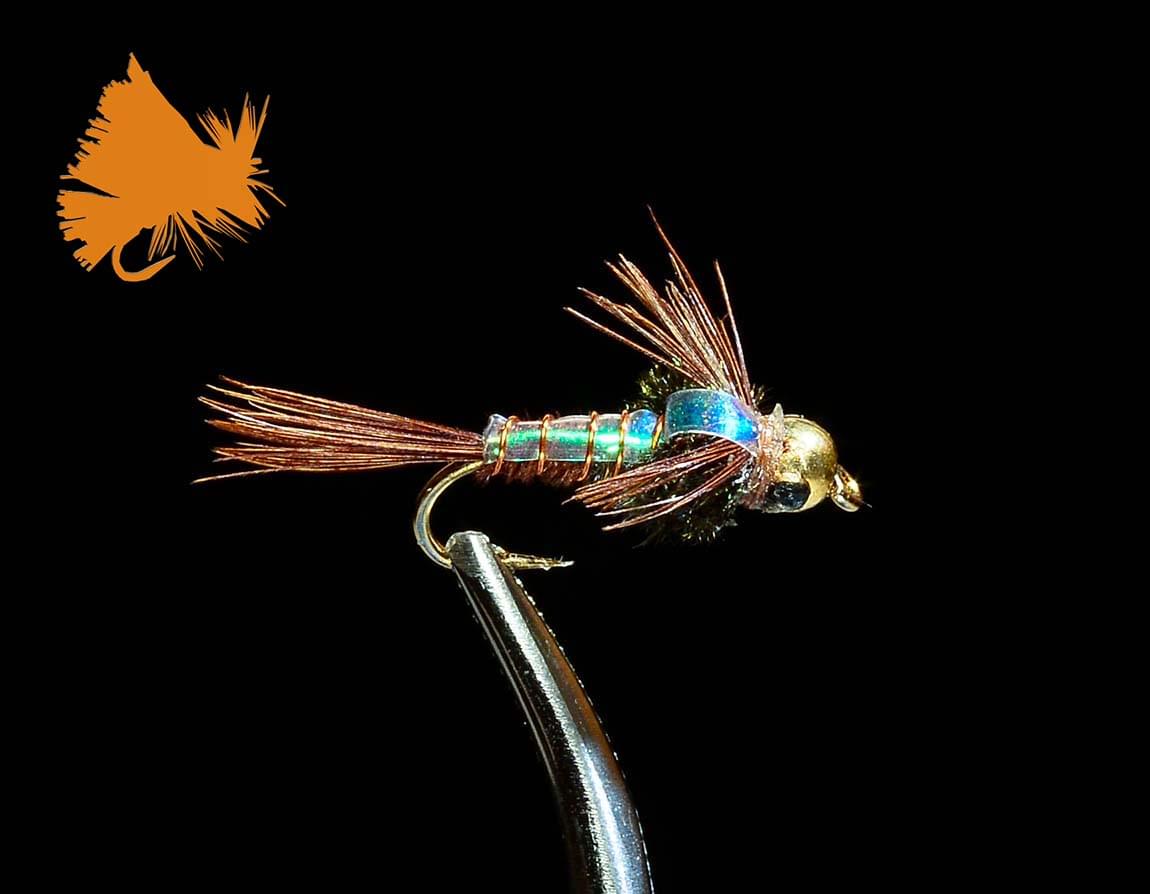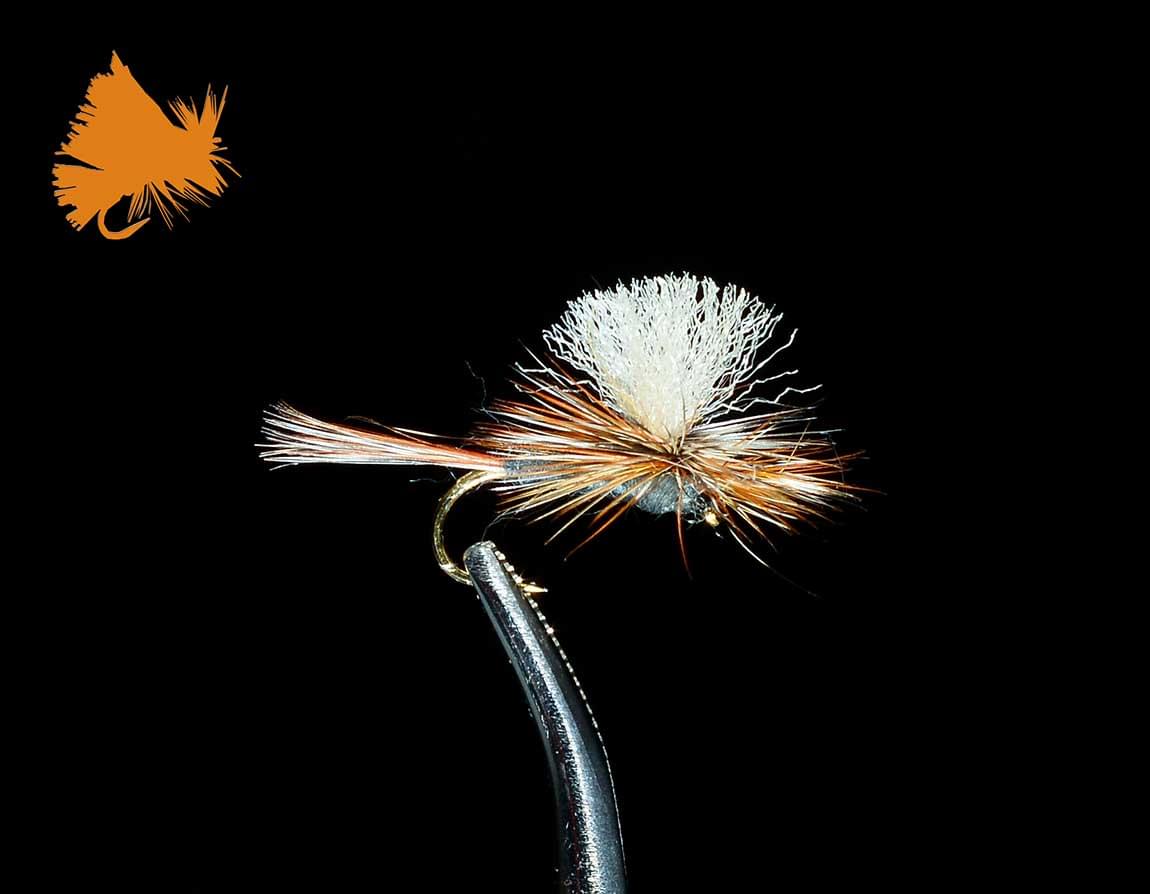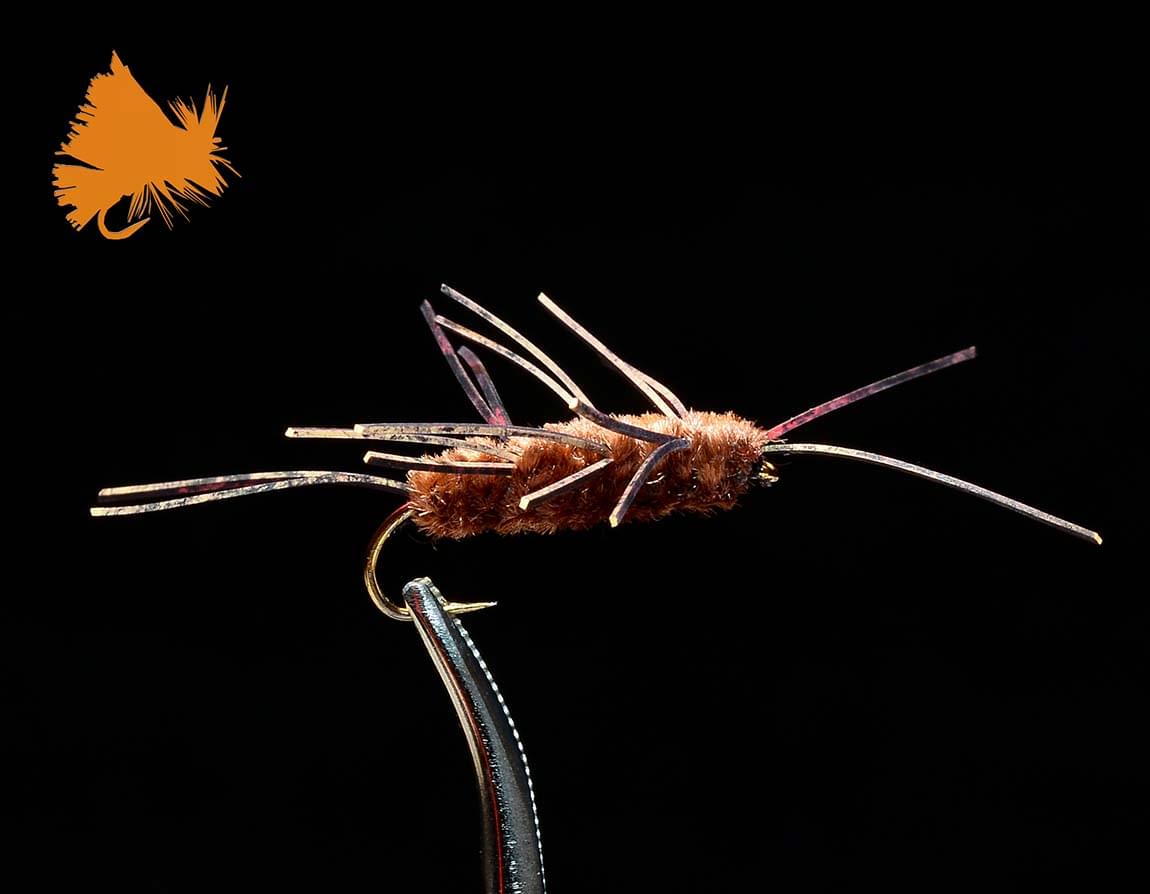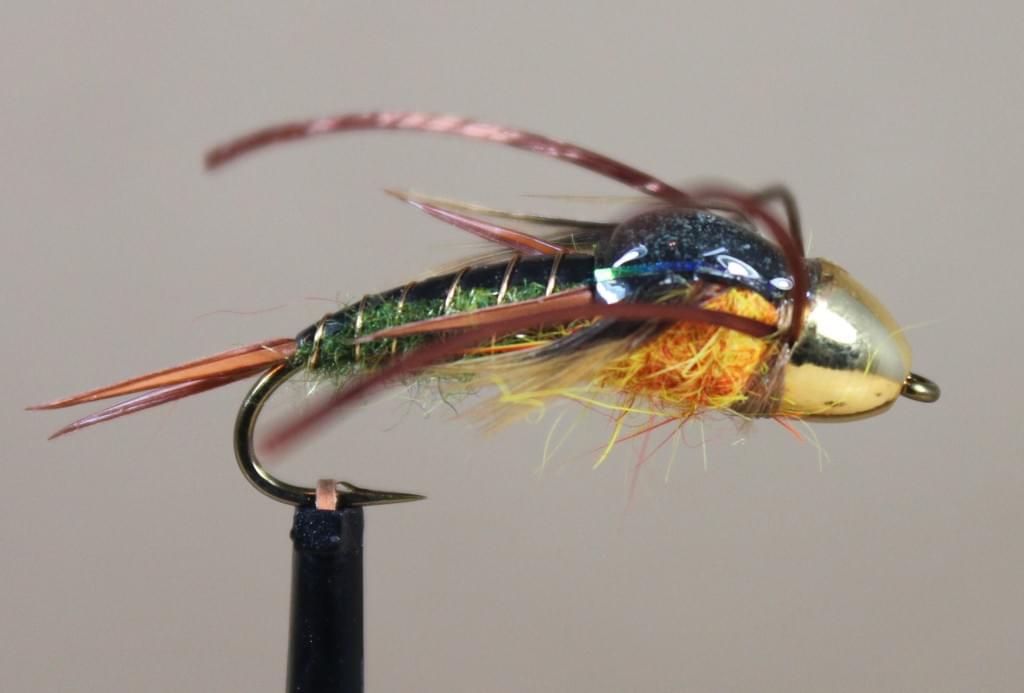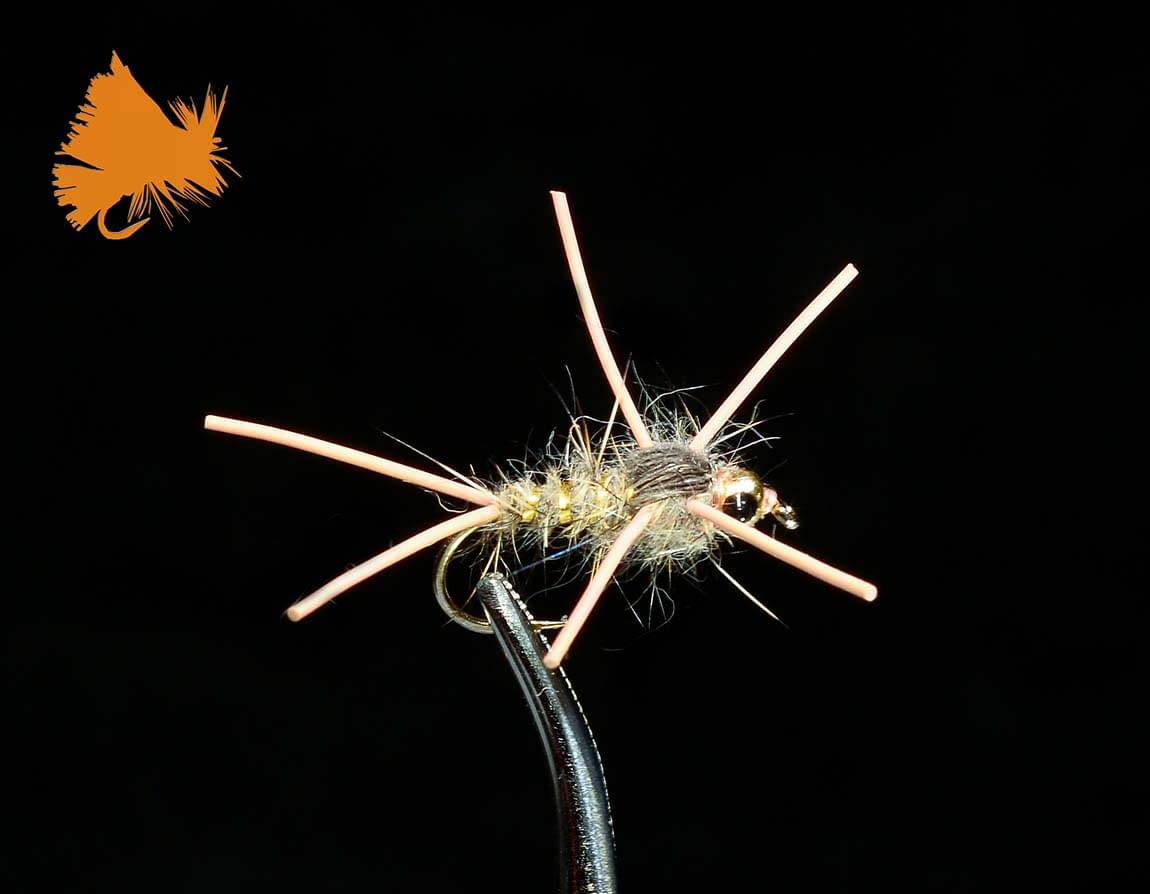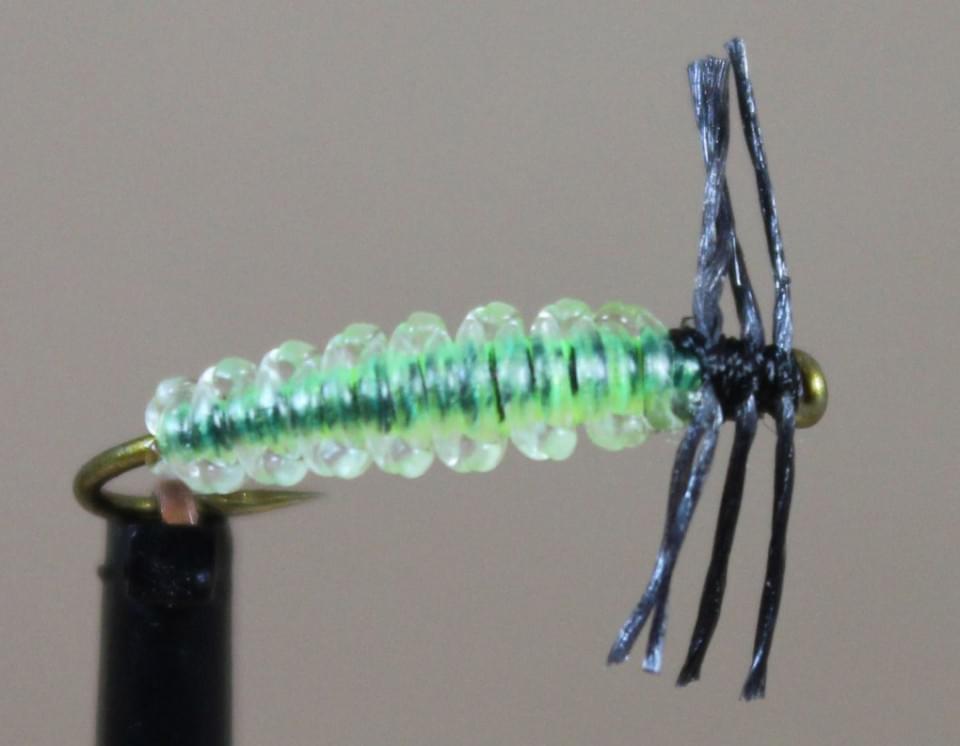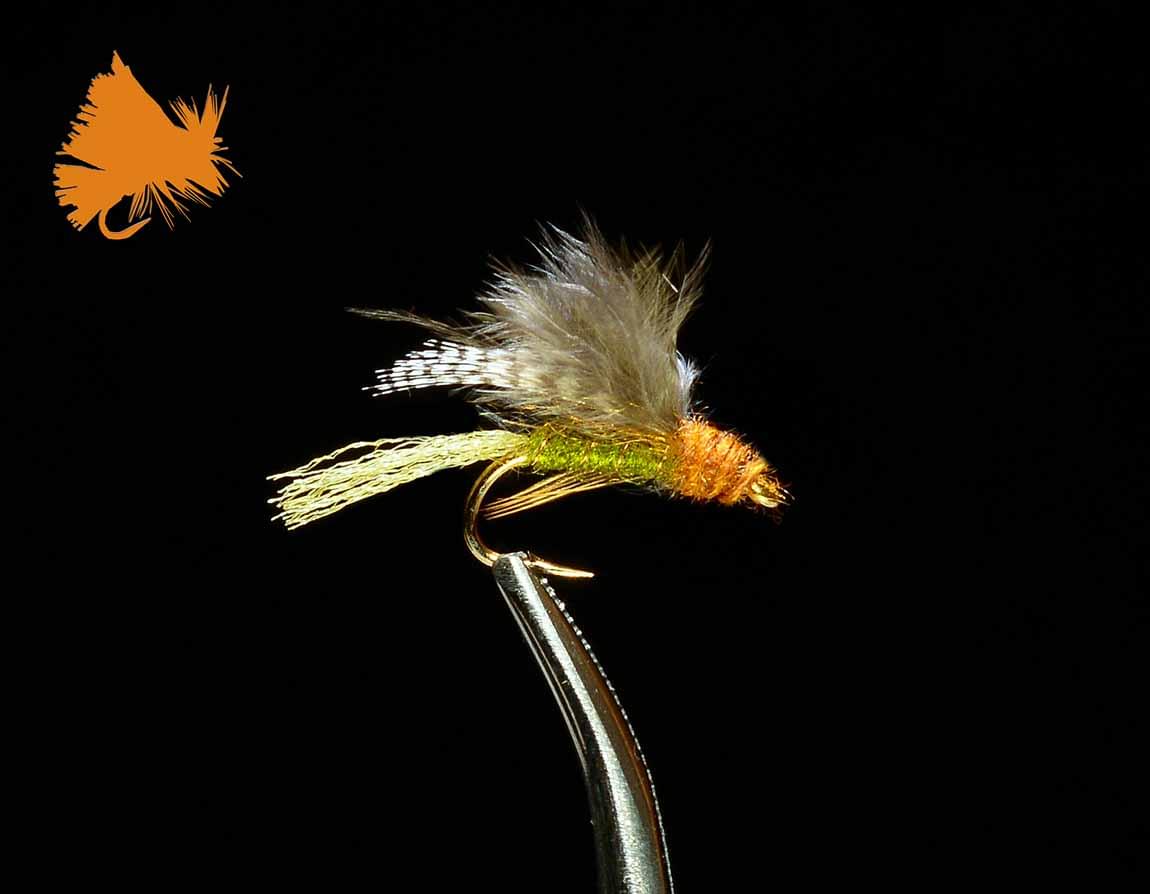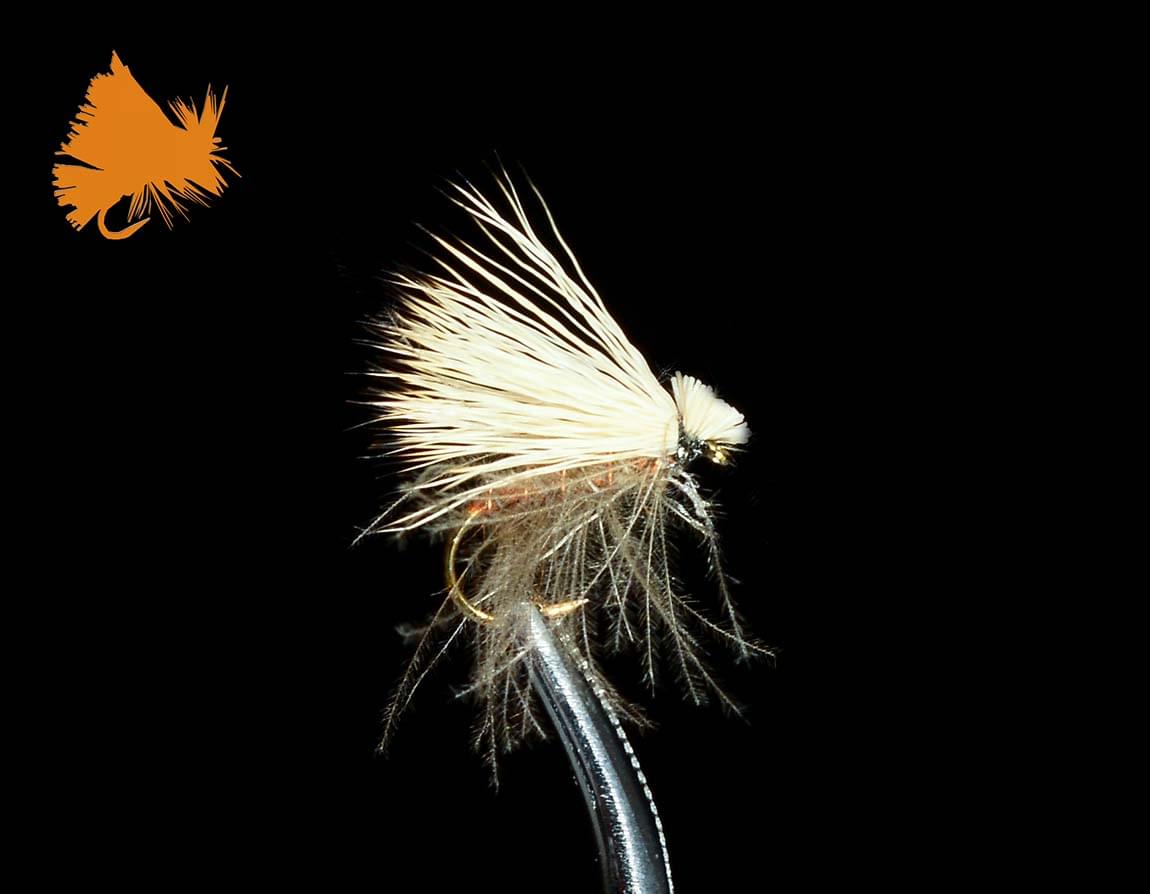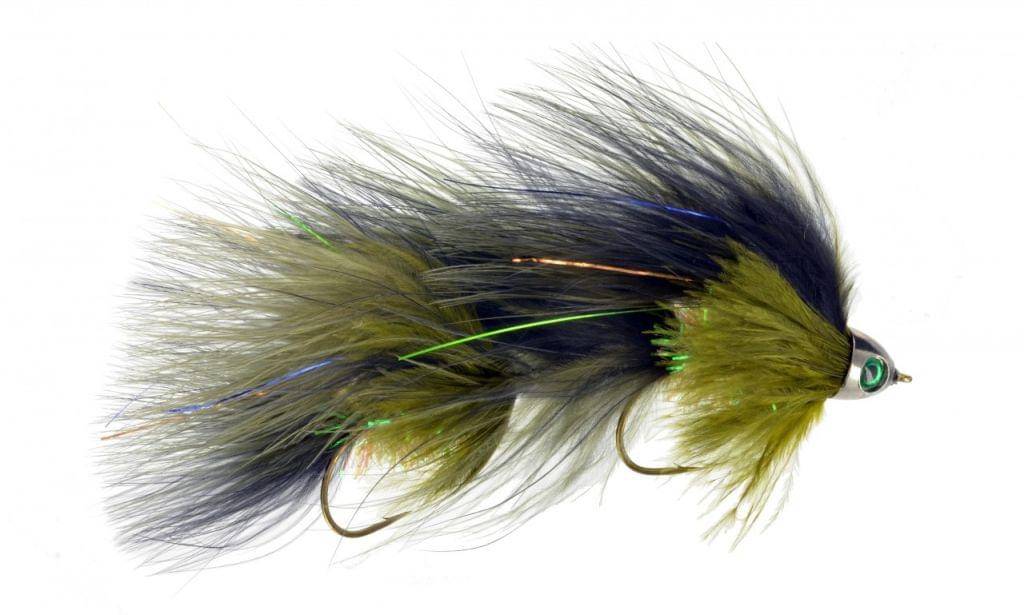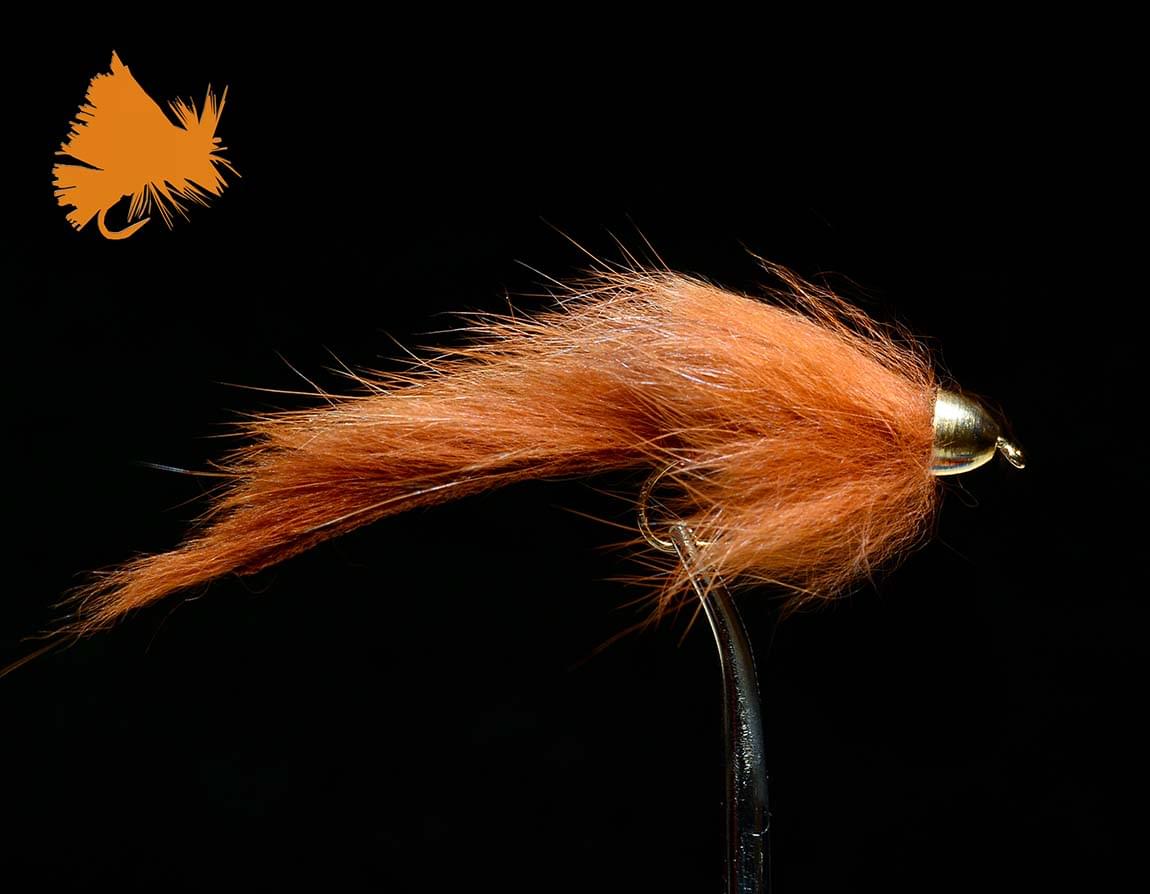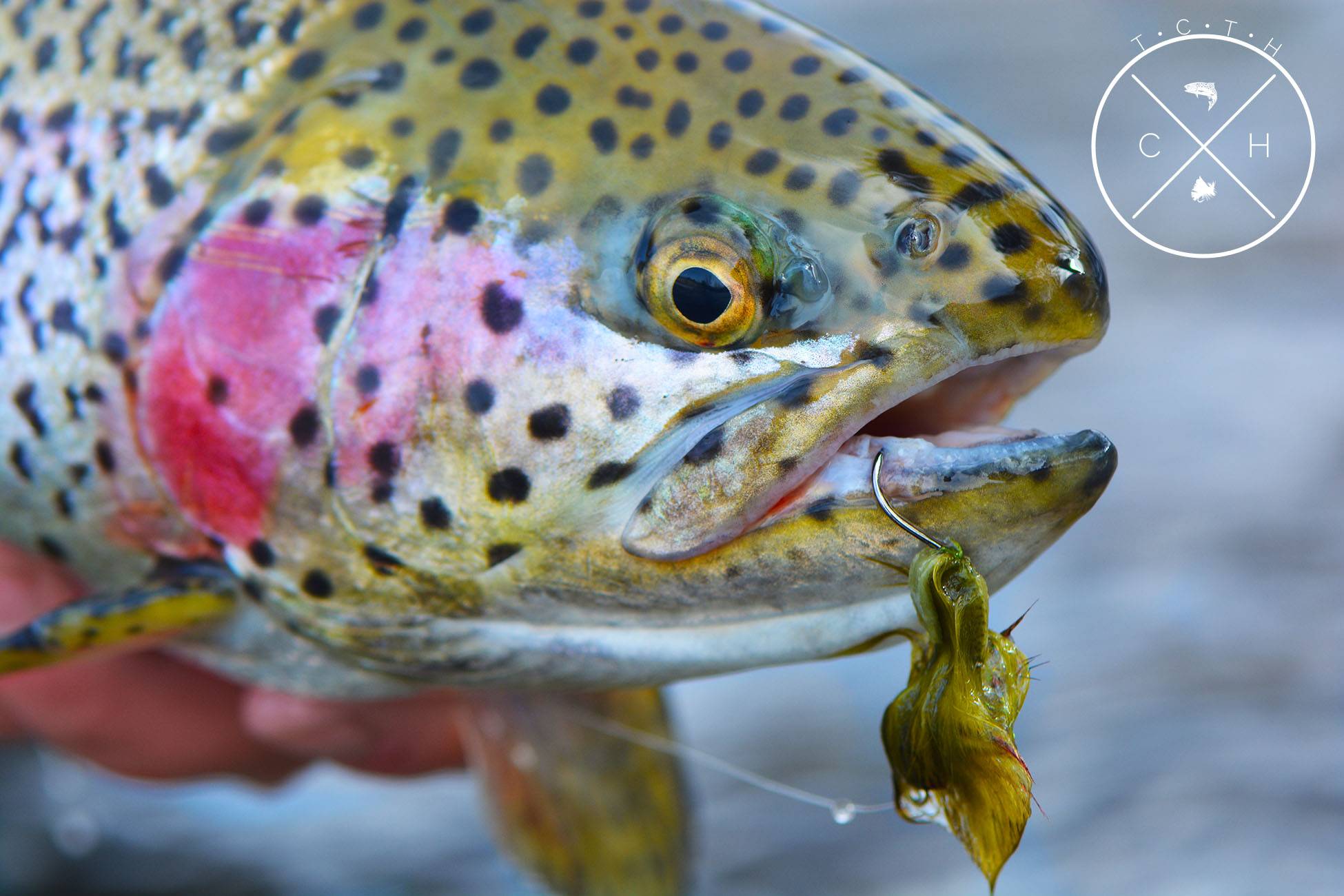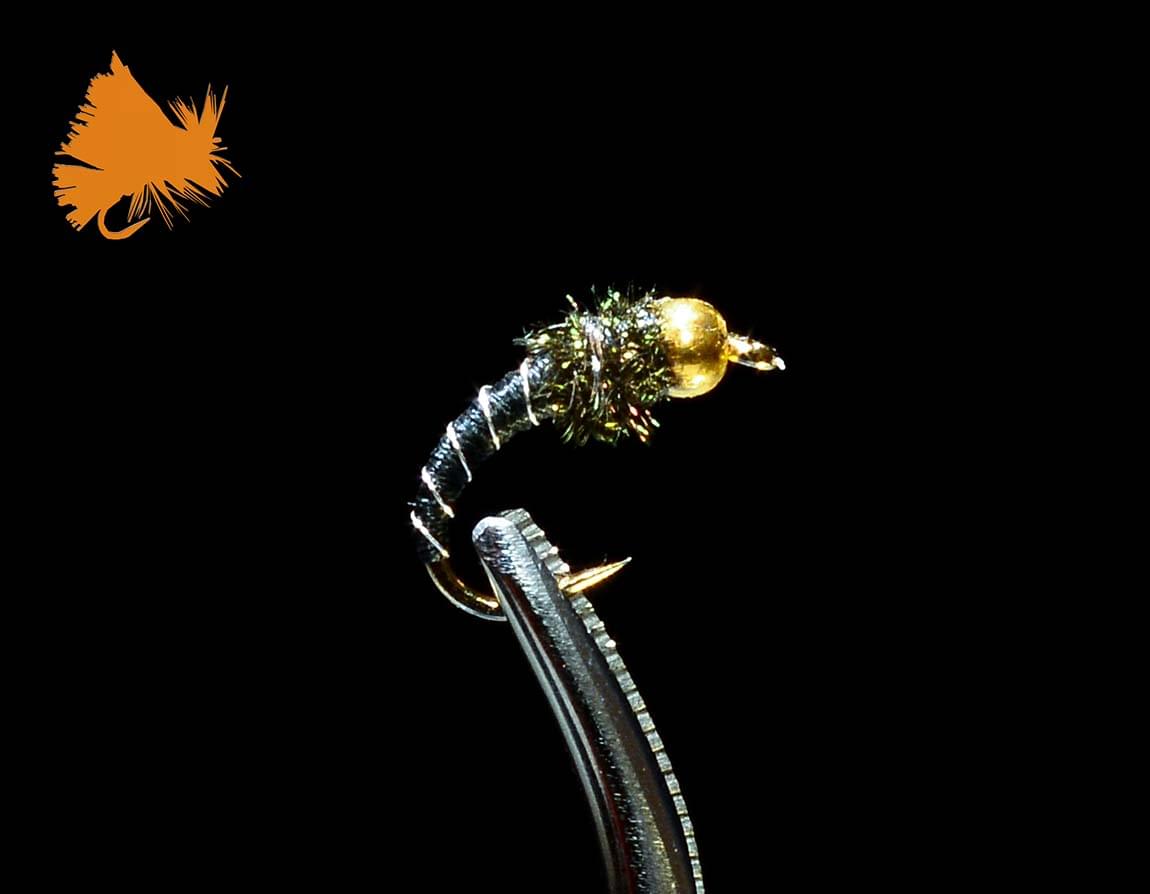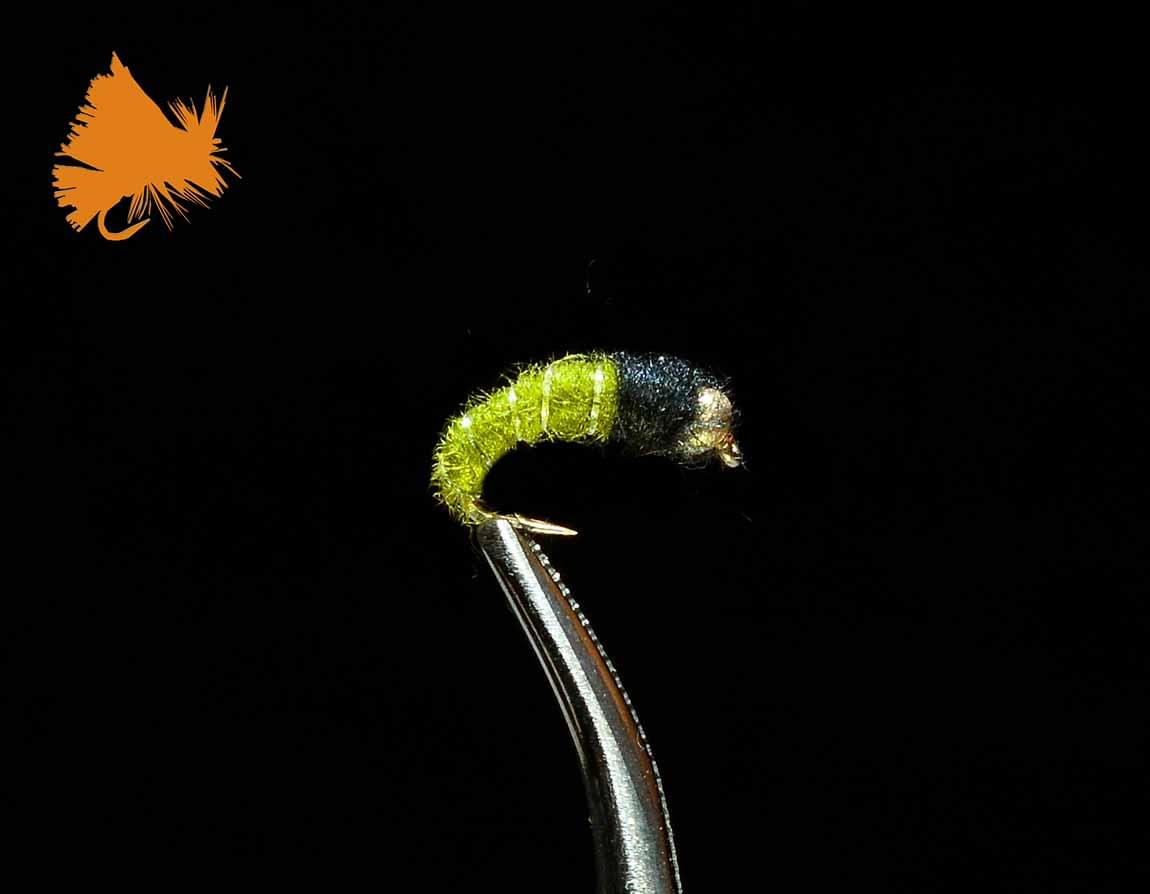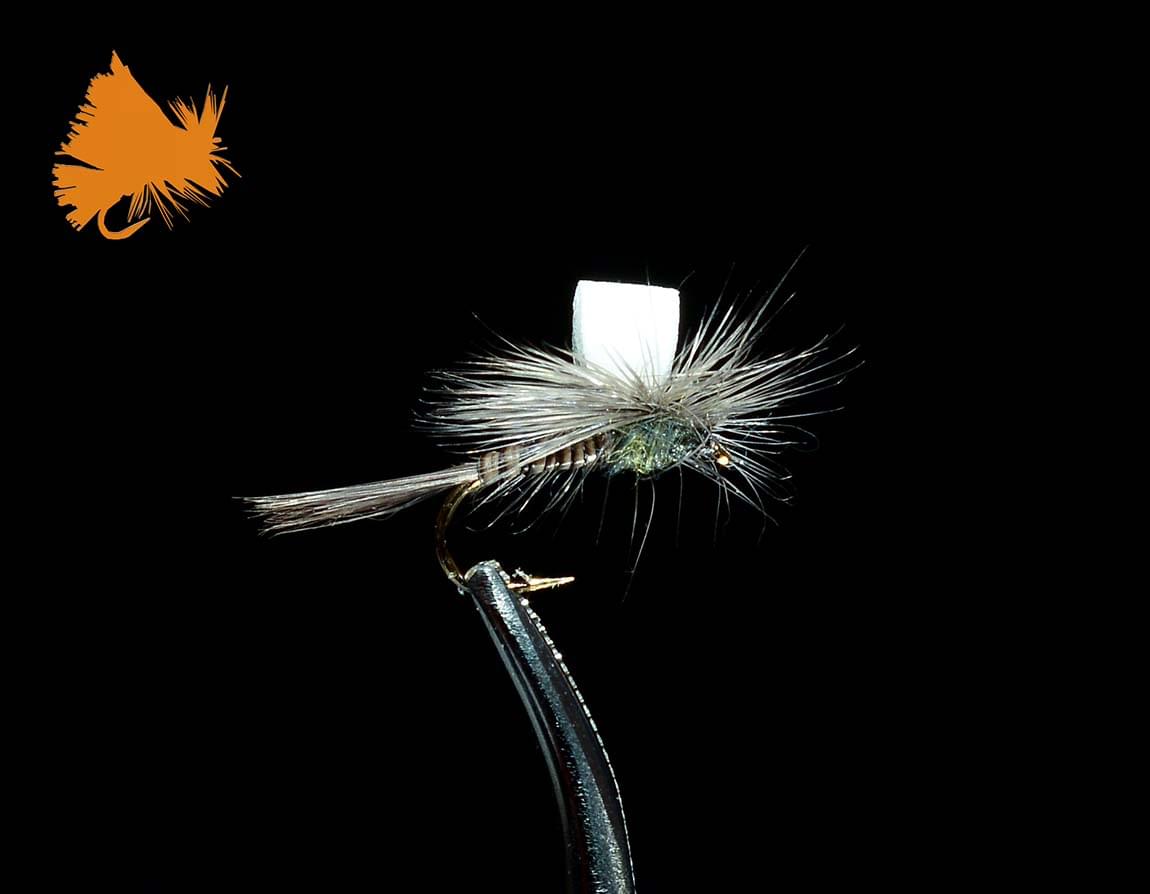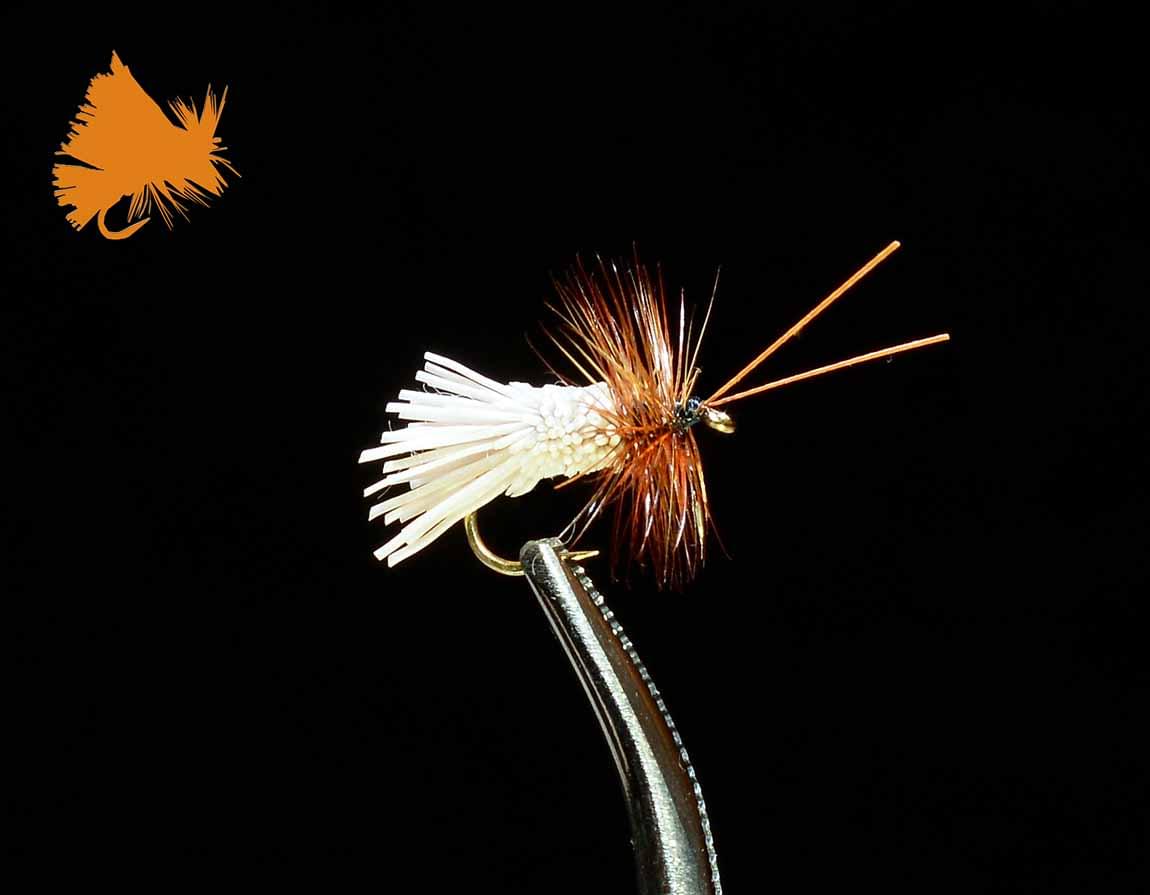Top Spring Fishing Flies
A Spring Bug Guide to Put You on More Fish
Join Our List for More Premium Content
As spring begins, more and more insects begin to make it on the trout’s menu. Knowledge of the top flies for spring and how to use them are a huge in helping you catch more fish, more consistently when you’re out on the lake or river.
We’re going to show you the major insect categories you should keep an eye on and the 12 confidence flies that will put you on the most fish for spring.
Fly Selection is Critical in Spring
Out of any season that you fly fish, spring is the season that is most dependent on fly selection. Midges, caddis, mayflies and stoneflies are all big players in the fly selection game. Let’s quickly go over the major bug activity you’re going to see in the spring and then we’ll get to the top 12 fishing flies we recommend for anyone to fly fish during the spring.
Major Insect Categories & Hatches During Spring
There are some major categories that you need to have in the for-front of your mind to catch the most fish possible this spring. We’ll recommend the top patterns, but everyone has different taste in flies so we understand our exact recommendation may not be your favorite choice. Don’t skip over these 4 major areas though as nearly 3/4 of the bug life that happens in the spring is around these categories of insects.
If you find it difficult to digest all this info about bugs, we would highly suggest sprucing up on your fly fishing entomology first.
Top Midge Patterns for Spring
All Stages are On the Menu
Get More Free Guides
Delivered Weekly to Your Inbox
Midge – Fly Fishing During Spring
- Stages: Nymphs, Emergers, Dries
- Colors: All colors with a focus on black, olive and grey
- Sizes: Focus small with size #18-#22 until late spring when bigger (#14-16) come out
All forms including nymphs, pupa, emerger, and dries are a major staple in the first month or two of spring until the caddis begin to show up and the trout feed on larger flies that are now moving in numbers that warrant their attention. Hatches start mid morning and can last the entire day if the weather is right. Nymphing during a hatch can be more productive than dry fly fishing and it’s always good to try both during a hatch if one or the other isn’t working.
There are a variety of hatches so it’s best to have a bug seine to collect the insects both above and under the water and match the color and size to what’s in the river. As the water warms up you’ll see what we call a midge-zilla hatch where the midges get downright ginormous and you can throw size #14-16 flies with success. This will be a welcome change to all who are used to fishing size #20 and #22 all winter long.
Top Midge Patterns for Spring
Our top midge flies for spring are shown below including sizes and colors that do well:
- Zebra Midge
- Top Secret Midge
- Smokejumper Midge #18
- Renegade Midge
- Zebra Midge
- Colors: Black, Olive, Purple, Red
- Sizes: #16 – #24
- Top Secret Midge
- Colors: Black, Red, Olive, Grey
- Sizes: #18 – #24
- Smokejumper Midge
- Colors: Black, Red, Grey, Olive
- Sizes: #16 – #22
- Renegade
- Colors: Brown/White, Grey/White, Black/Grey
- Sizes: #14 – #18
Check out our midge lifecycle assortment too, it gives more great ideas on how to imitate midges during the spring months.
Top Mayfly Patterns for Spring
Focus on the Right Species
Mayflies – Spring Time Mayflies
- Stages: Nymph, Emergers, Dries
- Colors: Olive, Brown, Grey
- Sizes: #16-22
In the west, the major mayfly of the spring months is the Blue Wing Olive. They is also called a baetis or BWO’s. They are small to medium sized olive mayflies with dark wings and a dark olive body. Fly sizes for these range from #12 – #20 during spring time. These are likely the most common bug you will see on the water throughout the day. Hatches usually happen mid to late morning and mid to late afternoon, though they can vary from location to location.
Further east, you’ll have hendricksons, BWO and march browns. The hendrickson is most sought after and BWO are often overlooked but can produce some great fishing. March browns are sporadic in their behavoirs but if you get into them they are a lot of fun. Parachute adams usually imitate them just fine, you likely have them in your box already but if not check out our assortment listed below. Sizes are a bit larger and more manageable in the east ranging from #12-#18 except for BWO which stay in the #16 – #24 range.
This can be some of the best fly fishing during spring is around mayflies in their different stages. I almost always fish a mayfly in some stage during the spring as they are very prevalant in the river systems this time of year.
Best Mayfly Patterns for Spring
- Parachute BWO
- Colors: Olive, Black, Purple
- Sizes: #16 – #22
- Mercury Baetis
- Colors: Olive, Black, Purple
- Sizes: #18 – #24
- Improved Pheasant Tail
- Colors: Brown, Tan
- Sizes: #12 – #18
- Beadhead Pheasant Tail
- Colors: Brown, Orange, Olive
- Sizes: #12 – #22
- Beadhead Flashback Pheasant Tail
- Colors: Brown, Orange, Olive
- Sizes: #12 – #22
- Parachute Adams
- Colors: Grey, Brown, Olive
- Sizes: #12 – #24
- Parachute BWO
- Mercury Baetis (BWO)
- Improved Pheasant Tail
- BH Pheasant Tail
- BH Pheasant Tail Flashback
- Parachute Adams
Check out our mayfly lifecycle assortment too, it gives more great ideas on how to imitate mayflies during the spring months.
Big Hairy Stonefly Nymphs for Spring
Stoneflies Nymphs and Dries for Spring
The Big Hairy Stoneflies
- Stages: Nymphs
- Colors: Black, Brown, Gold, Variegated Colors Recommended (mix of black and cream etc)
- Sizes: #6 – #14
Unless you’re somewhere with skwala stoneflies, hold on to those stimulators and sofa pillows until run off or late May, but nymphing with big stoneflies can produce some the most successful and consistent fishing for spring. We believe a Pat’s Rubber Leg is the best and top fishing fly for spring when it comes to stoneflies. Fish them deep early in March and April and as the days progress move closer and closer to the banks with less and less weight until you are right on or near the bank before run off. Trail some small midges and baetis behind for a great 2 nymph rig system.
There are a couple hatches for stoneflies, but only in certain areas. Little black stones are often mistaken for caddis but are small and black and are usually out when snow is still on the ground. Expect to imitate them with small black copper johns and a hemmingway caddis in black. Sizes #16 – #22 are typical. After them, the first major hatch begins, the skwala stonefly hatch. Though not everywhere, out west in CA and other areas have significant stonefly hatches that are a great way to start off the season. They come in sizes #8 – #16.
Epic Stoneflies for Spring Fly Fishing
- Pats Rubberleg Stonefly
- Colors: Black, Brown, Tan, Yellow, Purple
- Sizes: #6 – #12
- CATCH’s 20 Incher
- Colors: Olive/Orange
- Sizes: #8 – #12
- Kaufman’s Rubberleg Stonefly
- Colors: Brown, Black, Gold
- Sizes: #8 – #12
- Beadhead Rubbeleg Prince Nymph
- Colors: Peacock, Black, Purple
- Sizes: #10 – #18
- Beadhead Rubberleg Hares Ear
- Colors: Black, Brown, Olive
- Sizes: #10 – #16
- Pats Rubberleg Stonefly
- Pats Rubberleg Stonefly
- CATCH's 20 Incher
- Kaufmans Rubberleg Stonefly
- BH Kaufmans Stone
- BH Kaufmans Stone
- BH Kaufmans Stone
- BH Rubberleg Prince #14
- BH Rubberleg Hares Ear
Check out our stonefly lifecycle assortment too, it gives more great ideas on how to imitate stoneflies during the spring months.
Top Caddis Patterns for Spring
Make Sure You’re Stocked Up on These Guys
The Mighty Caddis
- Stages: Nymphs, Emergers, Dries
- Colors: Orange, Yellow, Black, Brown, Red and Peacock Colors
- Sizes: #12-#18
My favorite bug because it is the true sign that winter is gone and warm weather is here to stay. Caddis fast become an obsession of spring trout and they gorge themselves on every stage of caddis during the spring months. You won’t need these flies for March very often, but you will be kicking yourself if you don’t have a good assortment come mid April into May. Fish a Dry/Adult Caddis as the lead fly and drift a nymph or emerger behind it for the best success.
Some of the biggest hatches are springtime caddis. Fish go nuts during these times and it’s critical to fish a variety of caddis stages to find what is working. I’ve had caddis swarming my face and the fish are just eating the nymphs, and other times, nothing on the water and they are coming up to slurp the dries.
We find it’s best to fish a dry and emerger and if that doesn’t work, switch the emerger out for a nymph and fish is as a dry/dropper set up.
If you are want to learn more about caddis and all their stages including tips to fish those stages, you should check out our fly fishing entomology course.
Best Caddis Fly Patterns for Spring Fly Fishing
- Candy Caddis
- Colors: Black, Brown, Green, Orange
- Sizes: #14 – #18
- Caddis Pupa
- Colors: Brown, Tan, Olive, Orange
- Sizes: #12 – #16
- Elk Hair Caddis
- Colors: Tan, Olive, Orange, Peacock
- Sizes: #12 – #18
- Missing Link Caddis
- Colors: Olive, Tan
- Sizes: #14 – #18
- CDC Caddis Emerger
- Colors: Olive, Tan, Brown, Grey
- Sizes: #12 – #18
- CDC Elk Hair Caddis
- Colors: Tan, Olive, Brown, Orange
- Sizes: #12 – #18
- Free Form Caddis
- Caddis Larva
- Elk Hair Caddis
- Missing Link Caddis #14
- CDC Caddis Emerger
- CDC Caddis #12-16
Check out our caddis lifecycle assortment too, it gives more great ideas on how to imitate caddis during the spring months.
Great Streamer Patterns for Spring
Push Some Water – Find Big Fish
Meaty Streamers for Spring
- Stages: uh… what? Single and Articulated!
- Colors; Olives, Browns, Golds, White, Orange, and Purples
- Sizes: #2 – #12
I often get so excited to see fish rise after a long winter, I forget all about the streamers and the simple fact that rainbows and cutthroats are spawning and are prone to aggression. Streamers work great during the spring for hungry browns and pissed-off rainbows and cutties. For those who just have to huck some meat and go for the biggest fish in the river, spring is a great time to land that trophy rainbow in that run that only you know about.
We recommend having some heavy and light streamers in your box to cover a variety of depths. Using sink tip line and floating line are both useful in the right settings if you can afford an extra spool to switch out. If you have to choose, I’d do a floating line with a sink tip. Heavier streamers give you more options than lighter streamers so have more of those than the light ones.
Top Streamers for Spring
- Eric’s Area 51
- Colors: Black, Olive, White
- Sizes: #4 – #8
- Beadhead Wooly Bugger
- Colors: Black, Olive, Brown, White, Purple
- Sizes: #2 – #12
- Beadhead Bouface Streamer
- Colors: Black, Rusty Brown, Olive
- Sizes: #6 – #12
- Eric’s Lady Gaga
- Colors: Brown, Tan, White, Olive
- Sizes: #2 – #8
- Slumpbuster
- Colors: Olive, Tan, Brown, Orange
- Sizes: #2 – #12
Check out our streamer assortment too for more recommendations and ideas on what to tie.
- Erics Area 51
- BH Wooly Bugger #12-16
- BH Bouface Streamer
- Eric's Lady Gaga
- Conehead Slumpbuster
- Any Streamer can work with effort...
Get the Top Flies for Spring
Buy Our 72-Fly Assortment Below | Get Free 5-7 Day Shipping
Check out our streamer assortment too for more recommendations and ideas on what to tie.
Color: Black | Sizes: #18 – #20 – #22
4 of Each Size | 12 Flies Total
Category: Midge | Stage: Nymph
Located in Box #1
Color: Olive | Sizes: #12 – #14 – #16
4 of Each Size | 12 Flies Total
Category: Caddis | Stage: Nymph
Located in Box #2
Color: Olive | Sizes: #18 – #20 – #22
4 of Each Size | 12 Flies Total
Category: Mayfly | Stage: Nymph
Located in Box #3
Color: Black | Sizes: #10 – #12 – #14
4 of Each Size | 12 Flies Total
Category: Stonefly | Stage: Nymph
Located in Box #4
Color: Gray/Olive | Sizes: #14 – #16 – #18
4 of Each Size | 12 Flies Total
Category: Mayfly | Stage: Dry
Located in Box #5
Color: Tan | Sizes: #14 – #16 – #18
4 of Each Size | 12 Flies Total
Category: Caddis | Stage: Dry
Located in Box #6

